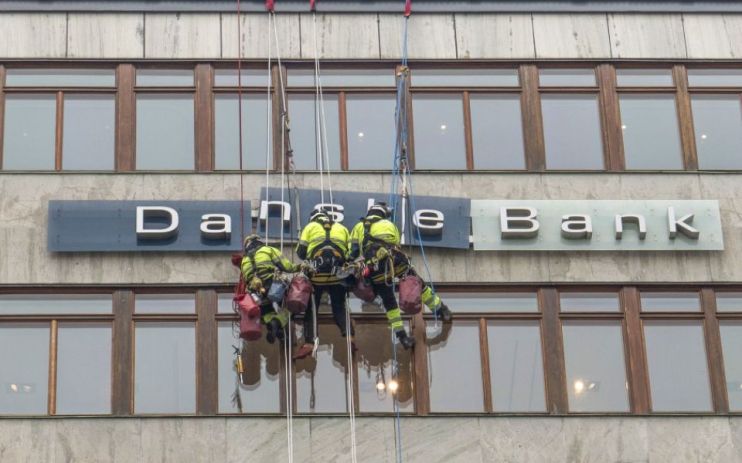EU mulls new anti-money laundering body following scandals

The EU is set to explore the creation of a new central authority to tackle money laundering after a series of high-profile scandals highlighted the bloc’s weakness in preventing dirty cash flowing through its banks.
Finance ministers from EU countries are expected to mandate the European Commission to recommend a new “independent” enforcement body with “direct powers”, according to a draft statement prepared ahead of December meeting, the Financial Times reported.
Read more: Former Estonian regulator: Danish authorities did not take Danske Bank concerns seriously
The proposed body would monitor financial institutions’ compliance with EU regulations on customer due diligence, among other safeguards.
Europe has been rocked by a wave of money laundering-scandals in recent years that have revealed ways in which criminals can exploit the bloc’s banking system.
Last year, US authorities uncovered institutionalised money laundering at Latvian bank ABLV – which has since entered voluntary liquidation, while ING was fined €775m (£668m) for errors in its policies to stop financial crime.
Authorities have also identified around €200bn (£178bn) of suspicious payments which flowed through Danske’s Estonian branch between 2007 and 2015, in what is thought to be history’s biggest ever money-laundering scandal.
Deutsche Bank is also facing the possibility of legal action over its role in a $20bn Russian money-laundering scheme, and has been fined by UK and US authorities over the scandal.
Read more: EY accused of failing to report drug gang’s gold bar money laundering
The existing pan-EU banking regulator, the European Banking Authority (EBA) has been criticised by members of the European Parliament over its failure to act on recent scandals.
“Criminals and terrorists are taking advantage of loopholes, [undermining] trust in our financial system and our mission to protect our economies and citizens,” French finance minister Bruno Le Maire told the Financial Times.